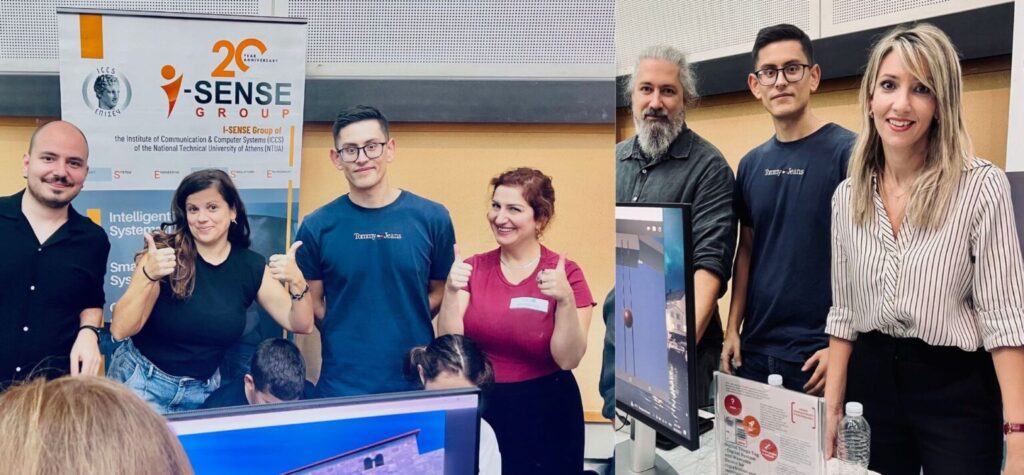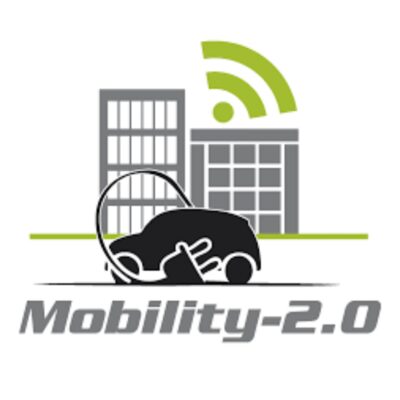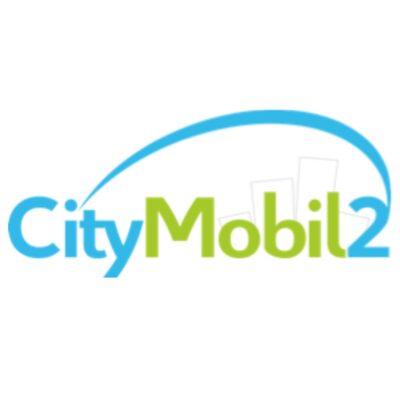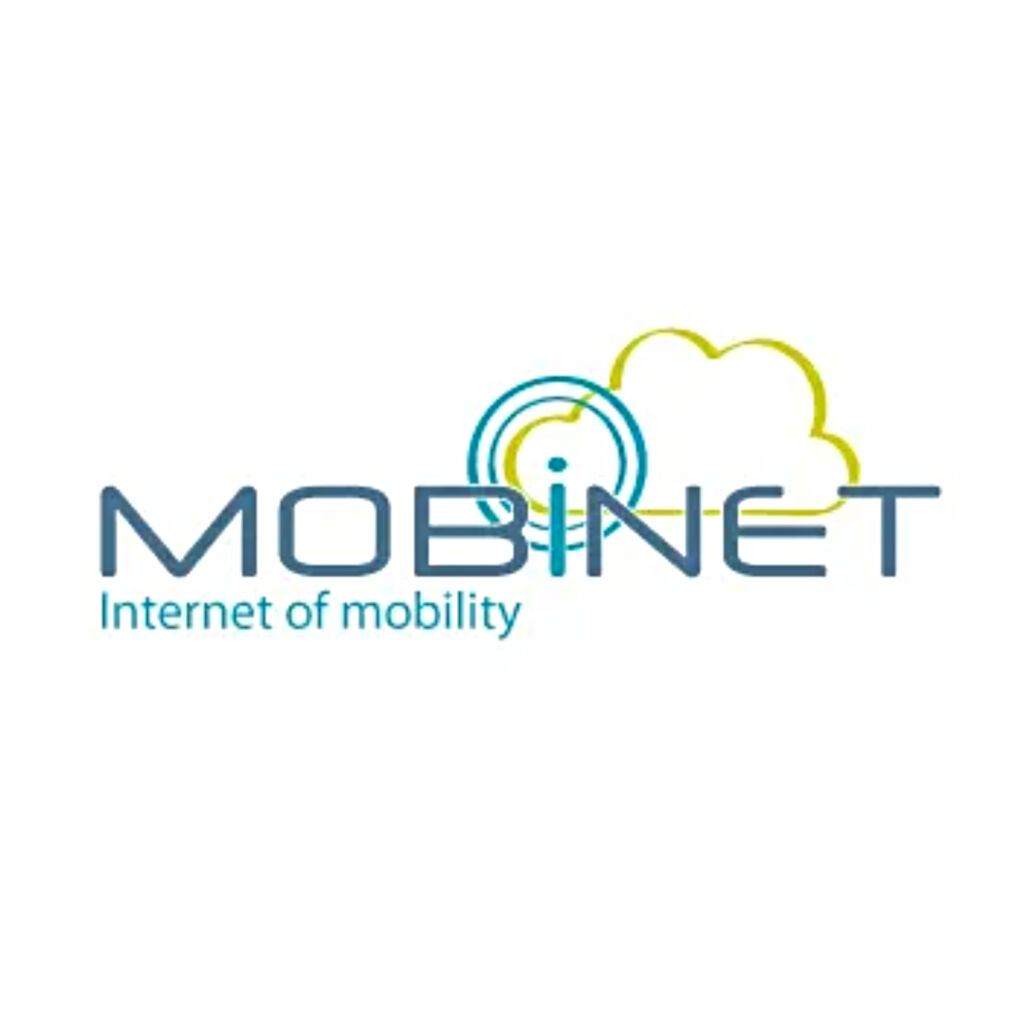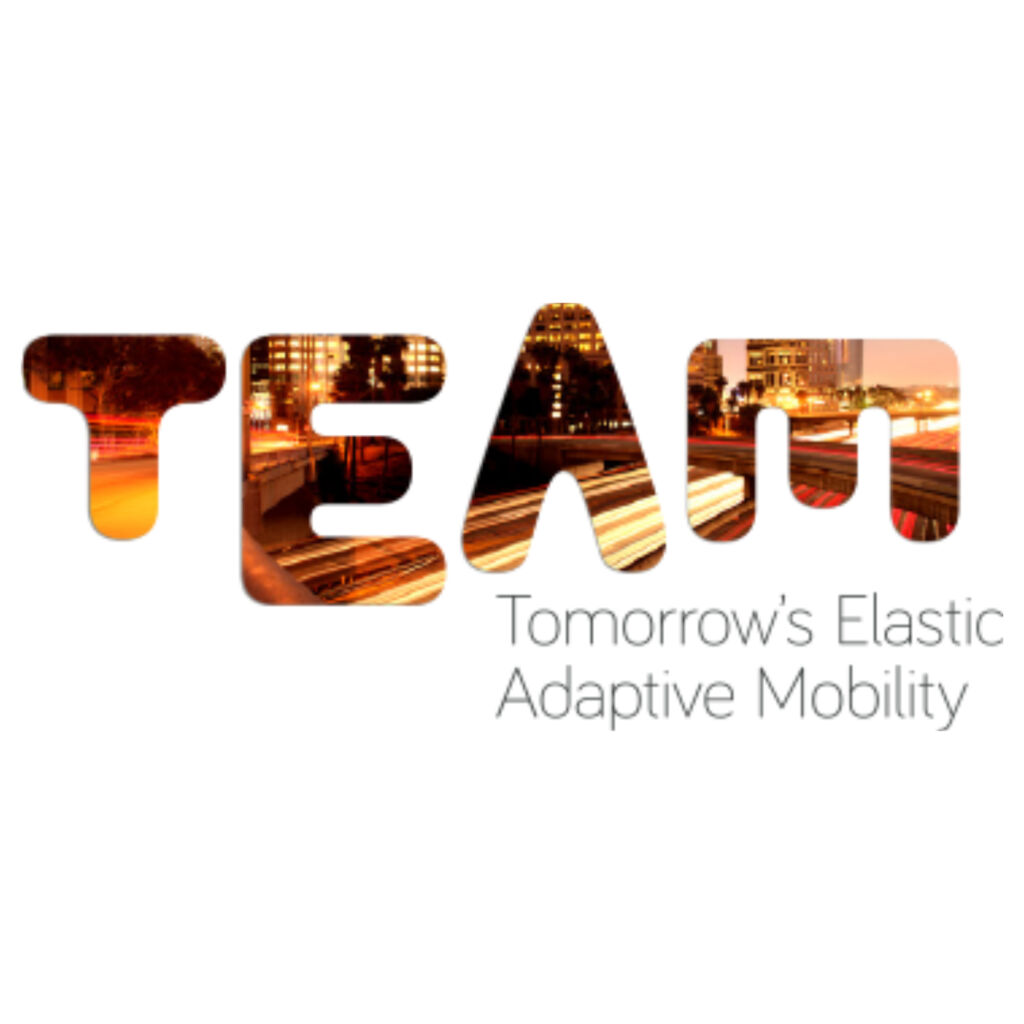ICCS’s researchers participated once again in the European Researcher’s Night, an annual event that takes place across Europe and aims to celebrate the world of science and research while promoting the importance of science and innovation in society. This event typically occurs on the last Friday of September and brings together researchers, scientists, and the…
Tag Archives: I-SENSE Group
The general objective of the eCall project is the development of a national pilot system of the pan-European automated initiative “eCall” dealing with emergency calls in the transportation sector. The pan-European “eCall” system was developed based on the initiative of the eSafety forum and its use within the European cars aims at significant live saving…
Specification, Implementation, Field Trial, and Standardisation of the Vehicle-2-Grid Interface PowerUp aims to develop the Vehicle-2-Grid (V2G) interface, involving a full development cycle of physical/link-layer specification, charging control protocol design, prototyping, conformance testing, field trials, and standardisation. Its results will ensure that Fully Electric Vehicles (FEVs) smoothly integrate into emerging smart-grid networks. V2G technology will…
The innovative use of virtual and mixed reality to increase human comfort by changing the perception of self and space. VR-Hyperspace is a 7th Framework Programme project running from October 2011 to September 2014. VR‐HYPERSPACE will carry out fundamental research and development leading to a paradigm shift in relation to passenger comfort. The project adopts radical…
AQUA KNowledge and Innovation transfer for water savinG in tHe mediTerranean basin. Mediterranean water resources are extremely under stress, especially in the south and east shore. In Jordan, Lebanon and Tunisia, water demand constantly increases, while water use efficiency can still be considered as limited. These are the two most critical factors regarding the sustainability…
Mobility2.0 will develop and test an in-vehicle commuting assistant for FEV mobility, resulting in more reliable and energy-efficient electro-mobility. In order to achieve a maximum impact, Mobility2.0 takes an integrated approach of addressing the main bottlenecks of urban FEV mobility: ‘range anxiety’ related to the limited FEV range, scarcity of parking spaces with public recharging…
Cities demonstrating cybernetic mobility. CityMobil has demonstrated how automating road vehicles can lead to different transport concepts, from partly automated car-share schemes through CyberCars and Personal Rapid Transit (PRT), to Bus Rapid Transit (BRT) which can make urban mobility more sustainable. However CityMobil has also highlighted three main barriers to the deployment of automated road…
ICT Solutions for Efficient Water Resources Management Water is one of the key resources for mankind. Particularly in densely populated areas, efficient management of water supply is key to be able to sustain the growing human population and address the growing water demand. Today, water distribution networks often suffer from a demand-supply mismatch and water…
EUROPE-WIDE PLATFORM FOR COOPERATIVE MOBILITY SERVICES Over the next three and a half years, the €15.6 million MOBiNET project plans to capitalise on the widespread growth in smartphones, mobile data services, and cloud-based computing to launch a new generation of travel apps for European citizens, and transport services for businesses and local authorities. Intelligent transport…
Tomorrow’s Elastic Adaptive Mobility Changing from static to adaptive mobility drivers, travellers, and mobility infrastructure should act as a TEAM adapting to each other and to the context. By providing comprehensive real time information systems TEAM aims at creating the best mobility conditions in each situation, filling the gap between anticipation (e.g. trip planning) and…

